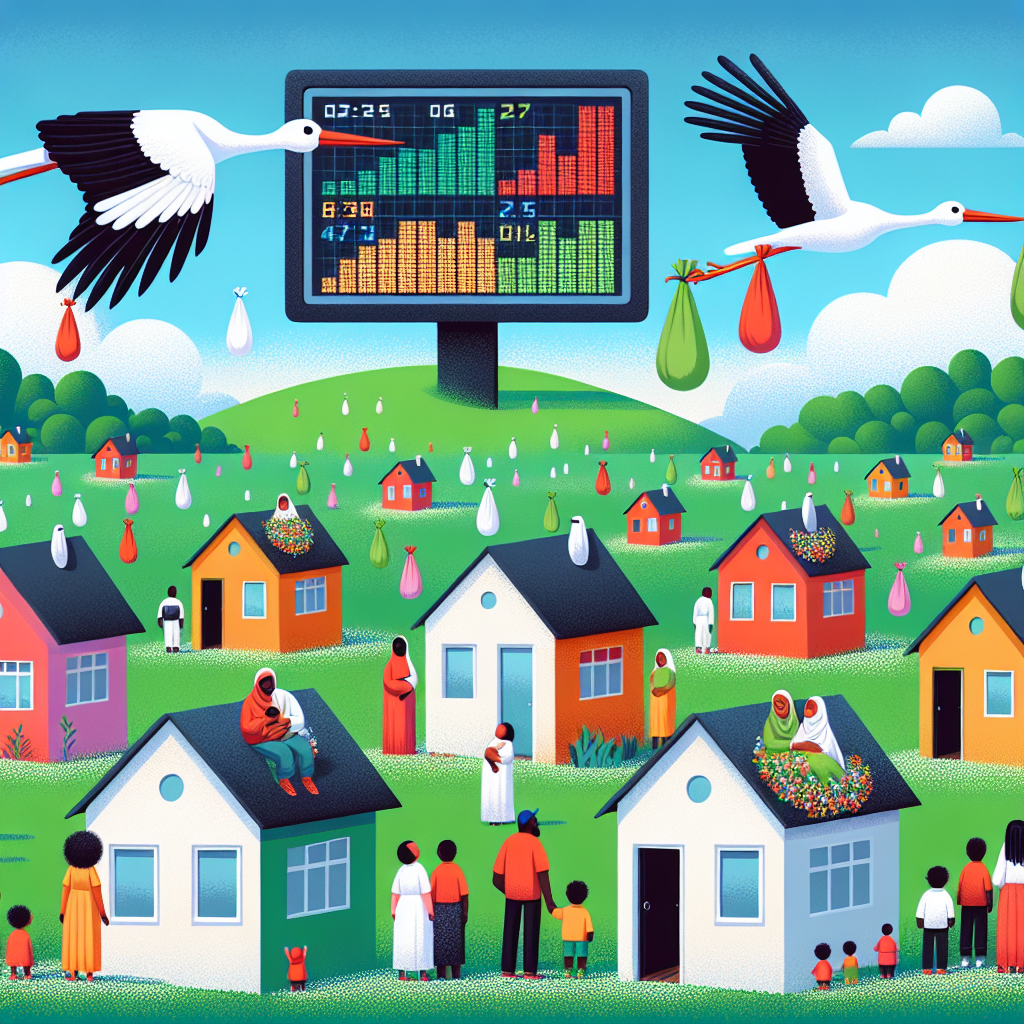Japan's Birth Rate Crisis: An Urgent Call for Change
Japan's birth rate hit a record low in 2023 for the eighth consecutive year, raising alarms about the country's aging and shrinking population. Government officials and experts highlight economic instability, traditional gender roles, and reluctance to marry as key factors needing urgent address to reverse the trend.

- Country:
- Japan
Japan's birth rate fell to a record low for the eighth straight year in 2023, as reported by the Health Ministry on Wednesday. A government official described the situation as critical, urging authorities to take all possible measures to reverse the trend.
The data highlights Japan's long-standing demographic challenges—a rapidly aging and shrinking population—with significant implications for the nation's economy and national security, particularly in light of China's growing assertiveness in the region.
Japan's fertility rate, indicating the average number of babies a woman is expected to have in her lifetime, was reported at 1.2 last year. The 727,277 babies born in 2023 represented a 5.6% decline from the previous year, marking the lowest figure since Japan began recording these statistics in 1899.
The data also revealed a 6% drop in the number of marriages to 474,717 last year. This decline in marriages is seen as a key factor in the falling birth rate, given the rarity of out-of-wedlock births in Japan's predominantly traditional society.
Chief Cabinet Secretary Yoshimasa Hayashi termed the situation as ''a critical situation'' and emphasized that the coming six years up to the 2030s represent the last window to possibly reverse the trend.
Economic instability, challenges in balancing work and childrearing, and other factors make it difficult for young people to decide on marriage and childrearing, Hayashi noted.
The data release coincides with the parliament's approval of revised laws to enhance financial support for childrearing parents, widens access to childcare, and expands parental leave benefits. The government has set aside 5.3 trillion yen ($34 billion) in the 2024 budget and plans to spend 3.6 trillion yen ($23 billion) annually over the next three years in tax money for these initiatives.
Experts believe these measures largely target married couples planning to have children, failing to address the growing number of unmarried young people. Takahide Kiuchi, executive economist at Nomura Research Institute, criticized the measures for not solving the root cause of declining births, noting the need to change conservative gender roles at home and work.
Surveys indicate that younger Japanese are increasingly reluctant to marry or have children due to poor job prospects, high living costs, and a gender-biased corporate culture.
Japan's population, currently over 125 million, is projected to fall by approximately 30% to 87 million by 2070, with four out of every ten people aged 65 or older.
(This story has not been edited by Devdiscourse staff and is auto-generated from a syndicated feed.)
ALSO READ
Justice on Trial: Hong Kong’s Freedom versus National Security
Federal Court Grants TikTok a Lifeline in Canada Amid National Security Review
Landmark National Security Trial in Hong Kong Sparks Global Debate
TMC playing with national security, trying to save infiltrators who are its vote bank: PM at Singur rally.










